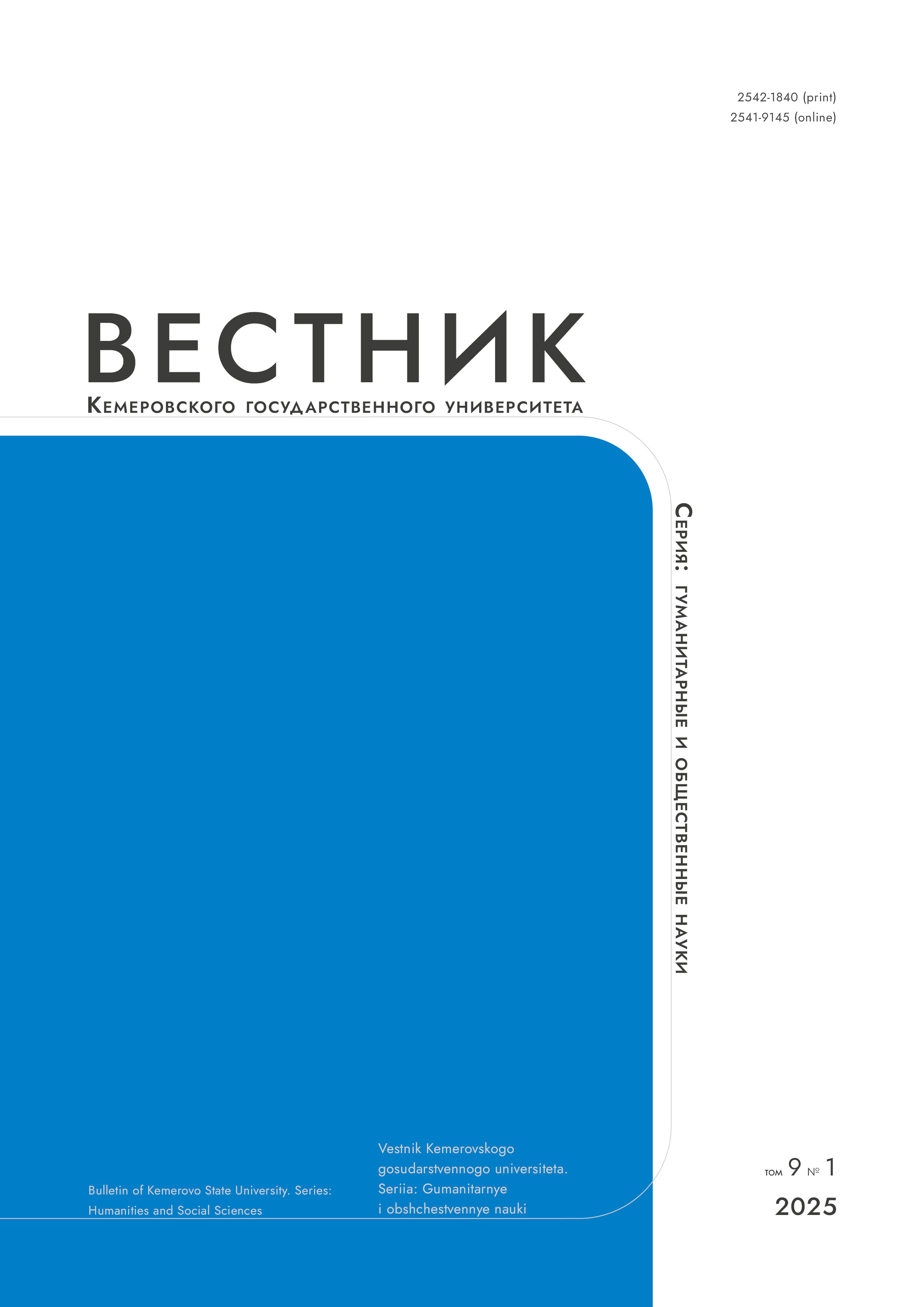Moscow, Russian Federation
The doctrine of crime provocation as a form of procedural defense has a long history in the United States of America, where entrapment is a condition of procedural defense. The article describes entrapment-related court precedents and laws, its impact on investigation and trial, and cases that demonstrate various aspects of the issue. Entrapment is a condition that should be taken into account by the defense to ensure a fair trial. From the initial non-recognition, the doctrine has become a popular judicial practice at the federal and regional levels. The two criteria for assessing crime provocation in US courts rely on the experience of law enforcement practice: subjective (predisposition of the accused) and objective (degree of involvement of law enforcement officers). The procedure of proving the entrapment involves such stages of criminal proceedings as determining the burden of the proof (the party of the prosecution or the accused) and establishing the key criterion for material assessment (subjective or objective), which can be applied in aggregate or separately. In this respect, trial by jury has some controversial issues. Russian entrapment practice needs a clearer and more unified legislative regulation to provide an effective criminal prosecution while avoiding a potential unjust accusation.
crime provocation, trial, jury trial, United States of America, defense of entrapment
1. Barabash A. S. Analysis of international legislation in the field of crime provocation. Problems of formation of civil society: Proc. VIII Intern. Sci. Student Conf., Irkutsk, 20 Mar 2020. Irkutsk: ILI (b) UP RF, 2020, 11–15. (In Russ.)] https://elibrary.ru/cuqamy
2. Burmistrova A. A. Types and content of provocative actions in law enforcement practice in the United States of America. St. Petersburg Meetings of Young Scientists: Proc. I All-Russian Congress, St. Petersburg, 15 Jun 2023. St. Petersburg: St. Petersburg University of the Russian Interior Ministry, 2023, 194–199. (In Russ.)] https://elibrary.ru/wdkipm
3. Burmistrova A. A. Legitimate operative-detective activity "entrapment" in the US policing and it’s counter distinction criteria to crime provocation. Siberian Journal of Anthropology, 2022, 6(3): 105–110. (In Russ.)] https://doi.org/10.31804/2542-1816-2022-6-3-105-110
4. Burmistrova A. A. Distinguishing a lawful operational and investigative measure from the provocation of crime in law enforcement practice of the United States. Continuity and innovation in legal science: Proc. All-Russian Sci. Conf., Omsk, 24 May 2022. Omsk: OmA of MVD of Russia, 2022, 50–51. (In Russ.)] https://elibrary.ru/aigdfk
5. Baranchikov M. N. Provocation in a relatively crime – the legal aspect in Russian and American criminal law. Scientific Notes of Orel State University. Series: Humanities and Social Sciences, 2011, (1): 224–226. (In Russ.)] https://elibrary.ru/ogkljt
6. Nikulina S. A., Stepanova K. V. Provocation of a crime: Foreign experience and development prospects in the legislation of the Russian Federation. Epomen, 2019, (29): 132–141. (In Russ.)] https://elibrary.ru/etkqsl
7. Basim Y. Jasim. Provocation: A legi-pragmatic approach. Contemporary Readings in Law and Social Justice, 2013, 5(2): 858–878.
8. Donnelly Richard C. Judicial Control of informants, spies, stool pigeons, and agent provocateurs. The Yale Law Journal, 1951, (7): 1091–1131.
9. Elbaz D. J. The Troubling entrapment defense: How about an economic approach? American Criminal Law Review, 1999, 36(1).
10. Shen F. X., Hoffman M. B., Jones O. D., Greene J. D., Marois R. Sorting guilty minds. 86 N.Y.U. L. REV, 2011, 55.
11. The exemplary criminal code (USA): The official draft of the Institute of American Law, ed. Nikiforov A. S. Moscow: Progress, 1969, 303. (In Russ.)]
12. Pepson M. D., Sharifi J. N. Lego v. Twomey: The improbable relationship between an obscure supreme court decision and wrongful convictions. The American criminal law review, 2010, 47(3): 1185–1250.
13. Shmonin A. V., Semykina O. I. Entrapment by law enforcement agencies: A comparative analysis of Russian and foreign legislation. Journal of Russian Law, 2013, (7): 71–81. (In Russ.)] https://elibrary.ru/qzsboz
14. Heller K. J. The cognitive psychology of mens rea. 99 J. Crim. L. & Criminology 317, 2009, 65.
15. Heller K. J. The Cognitive Psychology of Mens Rea. Journal of Criminal Law and Criminology, 2009, 99(2). URL: https://ssrn.com/abstract=1155304 (accessed 13 Mar 2025).
16. Robinson P. H., Darley J. M. Justice, liability, and blame: Community views and the criminal law. Pennsylvania, 1995, 313.
17. Gutnov D. A. history of political police in Russia: V. F. Dzhunkovsky and fight against police provocation practice in 1913–1915. Bulletin of Peoples' Friendship University of Russia. Series: History of Russia, 2012, (2): 5–18. (In Russ.)] https://elibrary.ru/oxvjgv
18. Dizer O. A. Retrospective analysis of the criminalization of provocation of crime in Russian criminal law. Bulletin of the Kaliningrad branch of the St. Petersburg University of the Ministry of Internal Affairs of Russia, 2021, (1): 110–114. (In Russ.)] https://elibrary.ru/iwyepx
19. Orlov D. V. Law-enforcement practice of the provocation of a crime and counteraction to it in the war-time conditions (1941–1943). History of state and law, 2014, (8): 47–50. (In Russ.)] https://elibrary.ru/scxkgz
20. History of information policy of Russia in documents. From the Cathedral Code 1649 to October 1917, comp. Zinovatny P. S. Moscow: Khroniker, 2009, 454. (In Russ.)]
21. Dmitrenko A. P., Kadnikov N. G., Russkevich E. A. Crime provocation, its fiction and presumption: Theory, law, the legal position of the European Court of Human Rights. Bulletin of Tomsk State University, 2020, (461): 218–224. (In Russ.)] https://doi.org/10.17223/15617793/461/26
22. Kondratyev M. V. Operational search counteraction to drug trafficking in the United States. Bulletin of the Siberian Law Institute of the Ministry of Internal Affairs of Russia, 2020, (4): 94–101. (In Russ.)] https://doi.org/10.51980/2542-1735_2020_4_94
23. Lopatin E. A., Shkabin G. S. Entrapment as a way to combat crime in the work of the U.S. police. Problems of application of criminal law in the implementation of operational and investigative activities: Proc. Regional Round Table, Ryazan, 9 Apr 2015. Ryazan: Concept, 2015, 59–63. (In Russ.)] https://elibrary.ru/unjbwj
24. Gusev V. A., Nevsky E. P. Legal regulation of the organization and conduct of covert operations by the US Federal Bureau of Investigation. Operativno-rozysknoe pravo, 2022, (1): 56–70. (In Russ.)] https://elibrary.ru/htuizw


















